
Malaysia takes the lead in an increasingly complex global trade environment
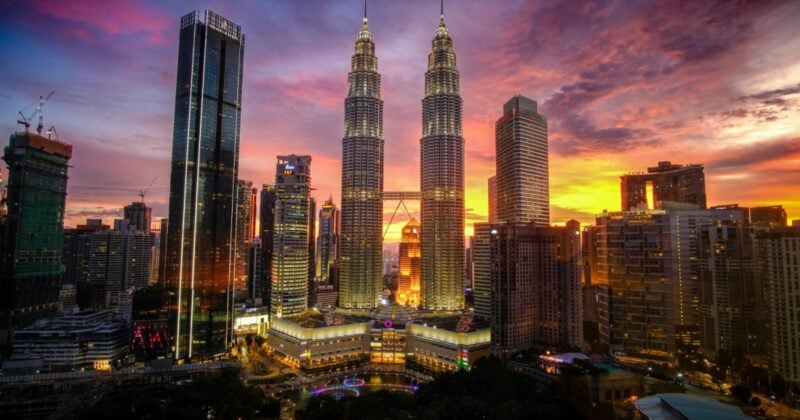
With shifting geopolitical dynamics transforming the contours of global trade, Malaysia is emerging as a key player in the evolving Asia-Pacific landscape.
The country is also earmarked as one of the 20 high-growth markets under DHL’s Geographic Tailwinds growth initiative. In part due to the China Plus X and regional diversification strategies, the country’s integration into global value chains is accelerating – supported by its robust infrastructure, strategic location at the heart of Southeast Asia, and cost-competitive business environment.
But beyond these immediate advantages, what makes Malaysia a robust and future-ready hub for long-term business growth and regional expansion?
A boost from trusted logistics partners
As Malaysia’s trade and investment momentum accelerates, businesses may face challenges. Complex customs regulations, talent competition, and evolving regional dynamics can complicate market entry and expansion.
To navigate these hurdles, companies in Malaysia need trusted logistics partners capable of optimizing supply chains, ensuring compliance, and enhancing operational resilience.
DHL’s commitment to Malaysia positions it well for this role, as exemplified by its recent Memorandum of Understanding (MoU) with the Malaysian Investment Development Authority (MIDA) in June 2025. The renewed partnership brings together four company divisions – DHL Express, DHL Global Forwarding, DHL Supply Chain, and DHL eCommerce – to work with MIDA to drive capital inflows, expertise, and infrastructure within the country. To date, 17 FDI projects have been facilitated across high-impact sectors, such as electronics, life sciences, chemicals, and aerospace, reinforcing Malaysia’s role as a leading foreign direct investment (FDI) hub.
“The expanded partnership between DHL and MIDA also reaffirms our commitment to strengthening Malaysia’s position as a leading regional logistics hub. Our investments in expanding our warehouse footprint and capabilities, including our new warehouse in Southern Malaysia and the opening of Penang Logistics Hub 5, align perfectly with the goals of this MoU,” said Mario Lorenz, Managing Director, DHL Supply Chain Malaysia.
The spotlight is particularly bright on the life sciences sector, with a projected compound annual growth rate (CAGR) of 10.4 percent from 2025 to 2030. “As demand across Asia Pacific accelerates, we are ready to lead with best-in-class facilities and expertise to support our customers,” said Praveen Gregory, Managing Director, Singapore, Malaysia, and Brunei, DHL Global Forwarding. In Malaysia, DHL Global Forwarding has a cold chain facility certified for both 15–25°C and 2–8°C storage within the Kuala Lumpur International Airport (KLIA) Free Commercial Zone.
Rising foreign direct investment
Malaysia’s FDI remains a major driver of its strong economic resilience. Despite a recently revised GDP growth forecast of 4.1 percent for 2025, with 3.8 percent projected for 2026 by the IMF, Malaysia recorded a total of RM378.5 billion (US$85.8 billion) in approved investments from 6,700 projects. This is the highest in its history, representing a 14.9 percent year-on-year increase. Of this, RM170.4 billion or about 45 percent came from foreign sources, including Germany, China, the U.S., and Singapore.
A significant portion of this investment is allocated to high-growth sectors, including technology, manufacturing, and construction. This is particularly evident in the technology sector. In the second quarter of 2025, cloud and data center investments soared to RM29.5 billion (US$7 billion) —a 125 percent increase from the first quarter’s RM13.1 billion (US$3.1 billion). This surge reflects a wave of positive investor sentiment, reinforcing Malaysia’s role in the region’s technology ecosystem.
With major infrastructure developments, such as the Johor–Singapore Special Economic Zone (JS-SEZ), and initiatives under the MADANI Economy Framework also gaining traction, the pipeline for continued high-value FDI remains strong.
In tandem with strong government fiscal support
Proactive government facilitation complements private partnerships in Malaysia’s investment-friendly ecosystem. Flagship initiatives like the National Industrial Master Plan 2030 (NIMP 2030) aim to deepen Malaysia’s integration into global value chains, particularly in high-technology industries. Complementing this, the Public-Private Partnership (PPP) Master Plan 2030 outlines a strategic roadmap to catalyze infrastructure development and unlock private capital.
Malaysia also offers a wide range of benefits such as tax exemptions, grants, and research and development support, administered through government agencies. For instance, MIDA offers an investment tax allowance for technology companies to help reduce initial setup costs and accelerate operational scalability.
Together, these efforts signal Malaysia’s clear commitment to long-term, innovation-driven investment.
Steady trade momentum
Alongside these investment incentives, Malaysia’s strong trade performance reinforces its role as a regional growth engine. In May 2025, the country recorded its 17th consecutive month of year-on-year trade growth. Its total trade rose 2.6 percent to RM252.48 billion (US$59.40 billion) —the highest May figure on record. It also maintained a trade surplus for the 61st straight month, reinforcing its position as a stable and export-oriented economy.
“Trade has remained resilient across the region, boosted by shifting attention to these parts of the world for manufacturing and sourcing operations,” said Julian Neo, Managing Director, DHL Express Malaysia and Brunei.
This sustained trade momentum is particularly relevant for high-tech industries, where Malaysia’s strategic foothold in the semiconductor supply chain sets it apart. The country already accounts for 13 percent of the global chip packaging, assembly, and testing market – a testament to its role as a critical node in global value chains.
To solidify this position, the government recently launched the National Semiconductor Strategy, a US$5.3 billion initiative to attract advanced chipmakers, enhance domestic capabilities, and ensure Malaysia plays a pivotal role in the next chapter of global tech manufacturing.
Alongside Malaysia’s growth, DHL plays a crucial role in supporting the growing needs of businesses expanding their operations in the country. “Thanks to our forward-looking approach, we are in a strong position to respond with the timely and strategic improvements we made. With a presence that spans more than 220 countries and territories, we retain a crucial role in connecting businesses seamlessly to international value chain,” added Neo.
Malaysia also benefits from a powerful network of more than 16 Free Trade Agreements, including the Comprehensive and Progressive Agreement for Trans-Pacific Partnership (CPTPP) and the Regional Comprehensive Economic Partnership (RCEP)—unlocking efficient export channels across Asia Pacific and beyond.
Key to this is the growing e-commerce sector, with a projected 7 percent CAGR annually until 2030. Malaysia stands out as a strategic gateway for international brands seeking to expand their regional presence in the e-commerce market. “As online shopping continues to shape the way we live and work, we are perfectly equipped to help homegrown B2B and B2C brands thrive in the digital marketplace through innovation and best-in-class delivery services,” said Saurabh Kumar, Managing Director, DHL eCommerce Malaysia.
Turning momentum into long-term advantage
In an era of shifting supply chains and regional investment strategies, Malaysia offers a compelling blend of opportunity, resilience, and strategic advantage.
Businesses that understand Malaysia’s evolving trade and investment landscape—ranging from regulatory frameworks to logistics and market access—will be better positioned to capture emerging growth opportunities in Southeast Asia and beyond.
The key to future growth is through strategic partnerships with experienced logistics companies. In this aspect, DHL offers end-to-end solutions spanning express, freight, supply chain, and e-commerce. However, it is more than a logistics provider. DHL shares its deep regulatory knowledge, specialized handling, and compliance support to help businesses make informed decisions. It is a strategic growth enabler trusted by global investors and a key contributor to Malaysia’s business success, giving the country a lasting competitive edge in a dynamic global economy.
ALSO WORTH READING

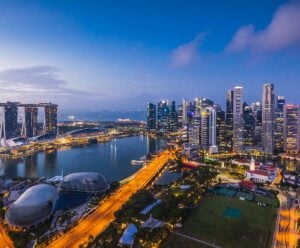


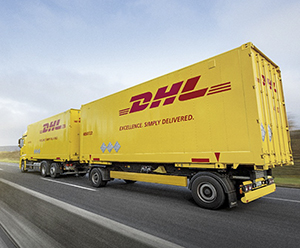



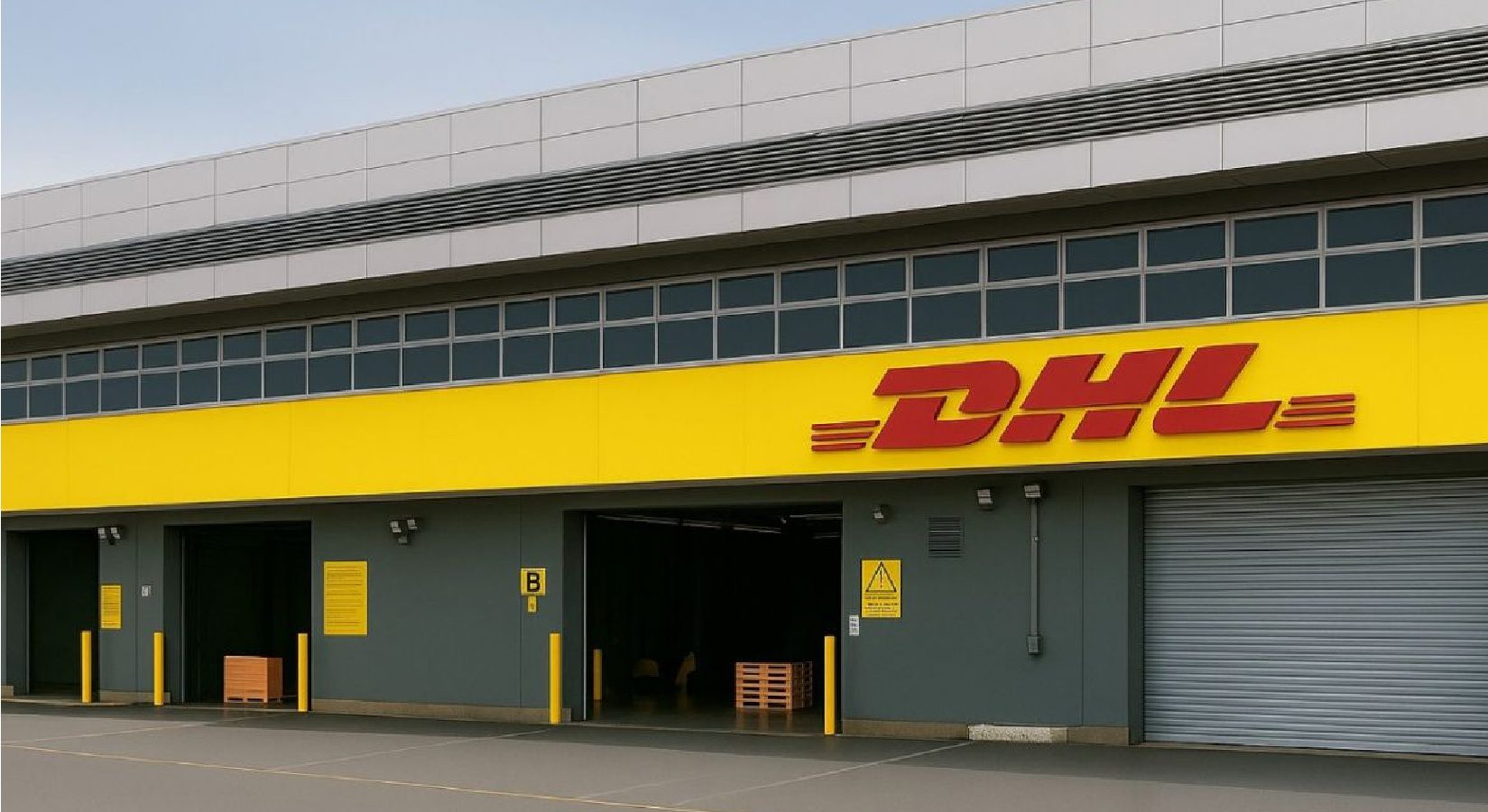

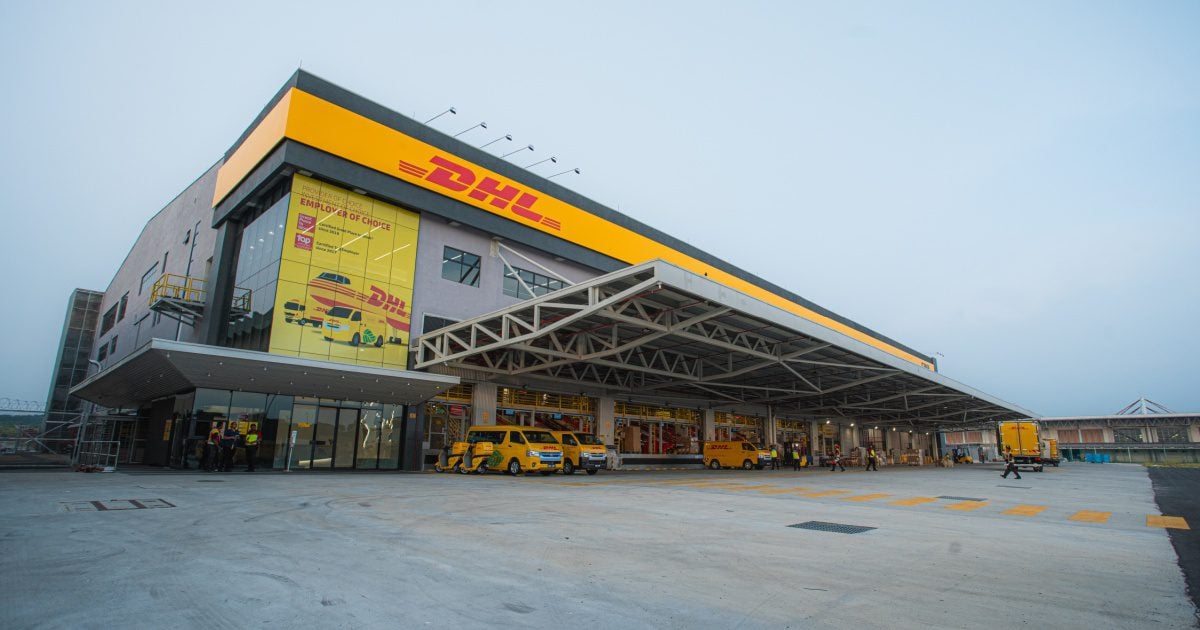






 English
English